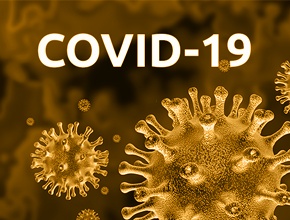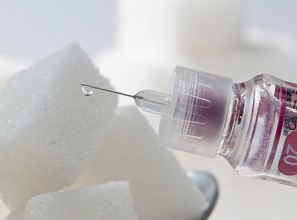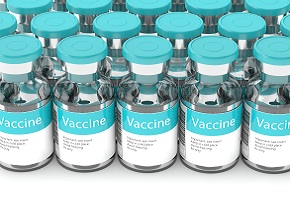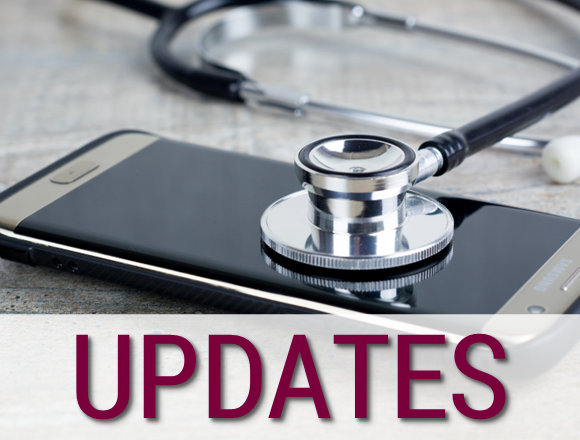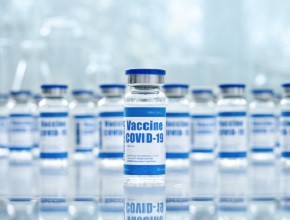During 2020, coronavirus disease 2019 (COVID-19) dominated many aspects of our personal and professional lives, including clinical care, medical research, and ongoing professional education. Trying to follow multiple studies evaluating the effects of different COVID-19–directed therapies is not a simple feat. To (re)orient our readers, and ourselves at the same time, we present here the 3 main research programs featuring prominently in the Publications of the Week series.
Most of these studies are included in an ongoing living network meta-analysis by Siemieniuk RAC, et al (doi: https://doi.org/10.1136/bmj.m2980).
RECOVERY (Randomised Evaluation of COVID-19 Therapy)
RECOVERY is conducted under the auspices of the Chief Medical Officers of England, Wales, Scotland, and Northern Ireland, as well as the UK National Health Services (NHS) Medical Director. It includes hospitalized patients. The interventions currently evaluated against placebo are colchicine, tocilizumab, convalescent plasma (collected from donors who have recovered from COVID-19 and containing antibodies against the SARS-CoV-2 virus), Regeneron’s REGN-COV2 antibody cocktail (a combination of monoclonal antibodies directed against the coronavirus), aspirin, and low-dose dexamethasone (children only).
The available publications include data on:
- Hydroxychloroquine (interpreted as negative; doi: 10.1056/NEJMoa2022926)
- Azithromycin (interpreted as negative; preliminary report: www.recoverytrial.net/files/azithromycin-recovery-statement-141220_final.pdf, doi: https://doi.org/10.1101/2020.12.10.20245944)
- Lopinavir/ritonavir (interpreted as negative; doi: https://doi.org/10.1016/S0140-6736(20)32013-4)
- 6 mg per day of dexamethasone for up to 10 days (interpreted as positive; doi: 10.1056/NEJMoa2021436, doi: 10.1001/jama.2020.17023)
SOLIDARITY
The SOLIDARITY trial is an international effort launched by the World Health Organization and partners. It evaluates the effect of drugs versus placebo on mortality, need for assisted ventilation, and duration of hospital stay.
The preliminary data from the trial were interpreted as negative for remdesivir, hydroxychloroquine, lopinavir/ritonavir, and interferon beta-1a (doi: 10.1056/NEJMoa2023184, doi: 10.1101/2020.10.15.20209817). Investigations of further therapies are considered.
ACTT (Adaptive Covid-19 Treatment Trial)
The ACTT program is conducted among hospitalized COVID-19 patients under the auspices of the US National Institute of Allergy and Infectious Diseases (NIAID), one of the National Institutes of Health (NIH).
ACTT-1 evaluated remdesivir versus placebo (interpreted as positive; doi: 10.1056/NEJMoa2007764; please note that discrepant results of ACTT-1 and SOLIDARITY led to differing recommendations from professional organizations).
In the ACTT-2 all patients were receiving remdesivir and investigated arms compared baricitinib (Janus kinase inhibitor) versus placebo (interpreted by authors as positive; doi: 10.1056/NEJMoa2031994).
ACTT-3 will evaluate the combination of interferon beta-1a and remdesivir compared with remdesivir alone (ClinicalTrials.gov Identifier: NCT04492475).
Lastly, ACTT-4 will evaluate the combination of baricitinib and remdesivir compared with dexamethasone and remdesivir (ClinicalTrials.gov Identifier: NCT04640168).
Collecting data on different patterns practice. Please contribute!
Treatment of patients with COVID-19 varies around the world. We are in interested in the pattern of practice in your community and, separately, in your own opinions. Click here to submit your answer via MetaClinician and see your peers’ responses.
 English
English
 Español
Español
 українська
українська

